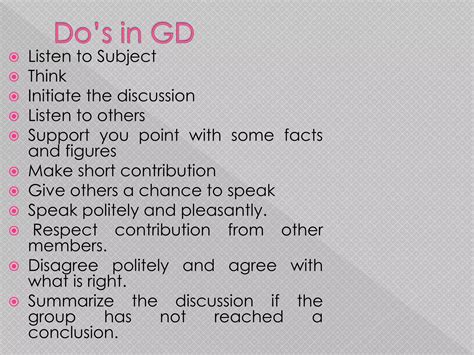The Inevitable Dip: When Motivation Fades
Every ambitious journey, whether towards a sculpted physique or a robust financial future, begins with a surge of enthusiasm. The initial spark of motivation is powerful, propelling us forward with exciting visions of success. However, motivation is a fickle friend, prone to fading when the novelty wears off, obstacles arise, or the daily grind sets in. This is where discipline steps in, not as a glamorous motivator, but as the steadfast, unshakeable force that keeps us moving forward, day in and day out.
Building unshakeable discipline isn’t about having an iron will from the start; it’s about systematically creating habits and systems that make consistent action inevitable, even when you don’t feel like it. It’s the bridge between where you are and where you want to be.

Anchor Your Goals with Atomic Habits
The secret to enduring discipline lies not in grand gestures, but in tiny, consistent actions. Instead of aiming for a drastic overhaul, focus on establishing atomic habits – small, easy-to-do behaviors that compound over time. For fitness, this might mean 10 minutes of exercise daily, rather than an hour-long gym session. For finance, it could be reviewing your budget for 5 minutes each morning or automating a small saving transfer every payday.
The goal is to make the action so simple that it’s harder to skip than to do. Once these micro-habits are ingrained, you can gradually increase their intensity or duration. This approach builds momentum and confidence without overwhelming your willpower.
Design Your Environment for Success
Your surroundings play a powerful role in shaping your choices. To cultivate discipline, intentionally design your environment to make desired actions easier and undesired actions harder. For fitness, lay out your workout clothes the night before, or place your running shoes by the door. For finance, set up automatic bill payments and savings transfers, or remove tempting online shopping apps from your phone.
Minimizing friction for positive behaviors and increasing it for negative ones reduces the reliance on raw willpower. When your environment supports your goals, discipline becomes less about battling urges and more about flowing with your pre-set path.

Master the Art of Strategic Planning
Vague goals lead to vague efforts. Unshakeable discipline is fueled by crystal-clear objectives. Define your fitness goals (e.g., “Run a 5k in 30 minutes by December 31st”) and financial goals (e.g., “Save $5,000 for a down payment by next June”) with specificity and a deadline. Break down these larger goals into smaller, manageable milestones.
This clarity provides a roadmap and helps you visualize success. Regularly reviewing these goals and your progress keeps them front-of-mind, acting as a constant reminder of why you’re putting in the work, even when motivation is low.
Embrace the Power of Accountability
Humans are inherently social creatures, and external accountability can be a powerful catalyst for discipline. Share your goals with a trusted friend, family member, or join a supportive community. This creates a social contract that makes you less likely to deviate from your commitments.
For fitness, consider finding a workout buddy or hiring a coach. For finance, discuss your budget with a partner or use an app that allows you to share progress with others. Knowing someone else is aware of your aspirations and expecting updates can provide the extra push needed when your internal motivation wavers.

Cultivate a Resilient Mindset: The “Show Up” Rule
Discipline isn’t about feeling motivated; it’s about showing up regardless. Adopt the “show up” rule: commit to performing the action, even if you can only do a fraction of what you planned. Five minutes of stretching is better than skipping the gym entirely. Reviewing one line of your budget is better than ignoring it.
This simple act reinforces the habit and prevents the “all or nothing” mentality that often derails progress. Over time, consistently showing up builds mental fortitude and teaches you that you are capable of taking action even when discomfort arises.

Track, Review, and Adjust
What gets measured gets managed. Consistent tracking of your fitness activities (e.g., workouts, nutrition) and financial habits (e.g., spending, savings) provides objective data on your progress. This factual feedback, rather than subjective feelings, helps you identify what’s working and what’s not.
Regularly review your tracking data and be prepared to adjust your strategies. Discipline isn’t rigid adherence to a flawed plan; it’s the consistent effort to learn, adapt, and refine your approach until you achieve your desired outcomes. Celebrate small wins along the way to reinforce positive behavior and keep morale high.

The Unshakeable Path Forward
Building unshakeable discipline is a marathon, not a sprint. It’s a journey of consistent effort, strategic planning, and self-awareness. By focusing on small habits, optimizing your environment, setting clear goals, embracing accountability, and cultivating a resilient mindset, you can transform your aspirations for fitness and financial well-being into tangible realities, long after the initial burst of motivation has dimmed. Remember, discipline isn’t about being perfect; it’s about being persistent.




